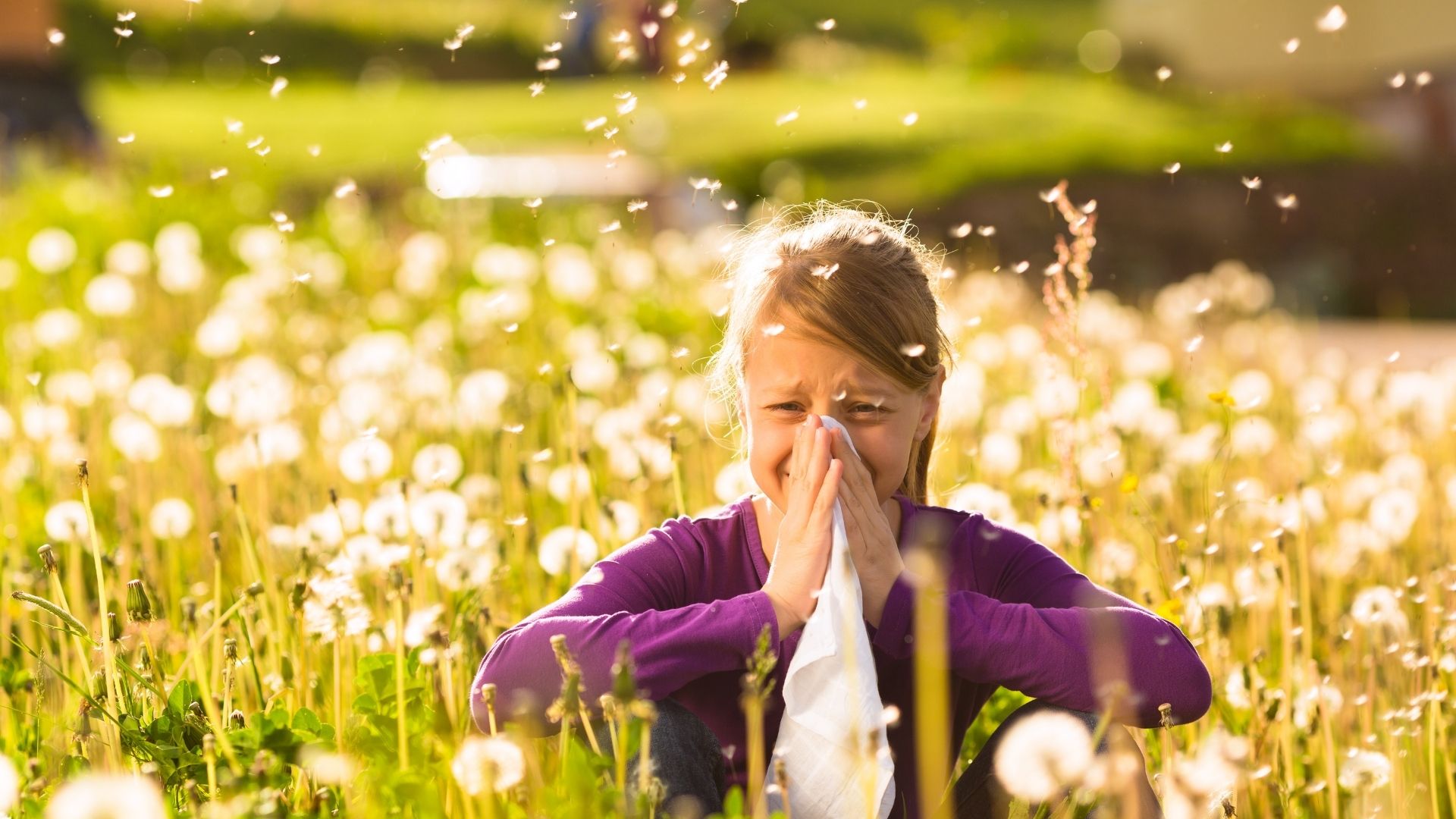
Professor Claire Hopkins
Specialist expertise: Ear, Nose and Throat, Rhinology, Loss of smell, Sinusitis, Hay fever, Rhinitis, Anosmia, Sinonasal Tumours, Sinus Surgery, Epistaxis, Nosebleeds, Nasal Polyps, Nasal Obstruction, Turbinoplasty, Septal and Turbinate Surgery, Tonsillectomy, Adenoidectomy, Rhinoplasty, Balloon Sinuplasty, Endoscopic Sinus Surgery, Paediatrics.
